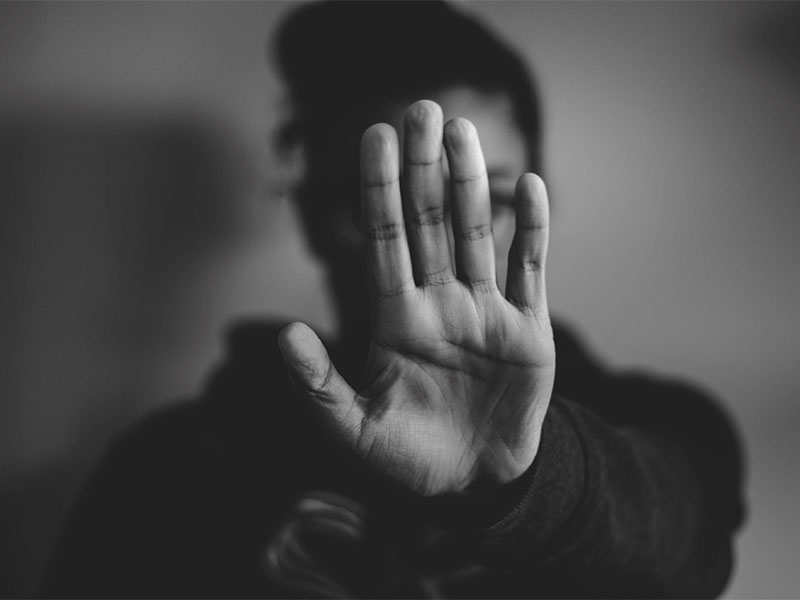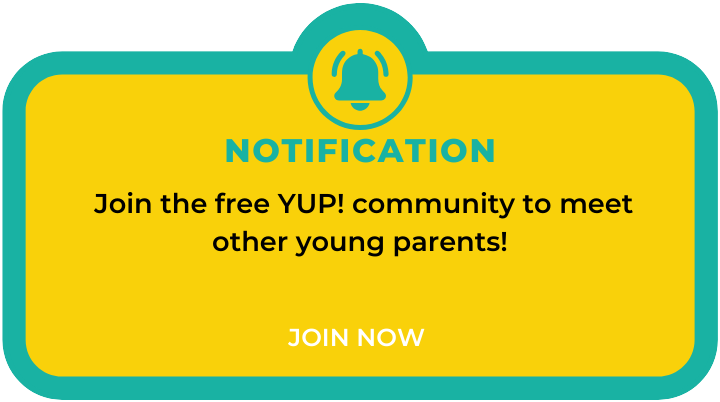Dating Violence Between Teens

***Trigger Warning*** The contents of this article may bring up sensitive and triggering topics.
Everyone deserves relationships that are free of violence, coercion, and threats. Unfortunately, intimate partner violence (IPV) impacts all types of people, even teens. About 1 in 12 teens experience physical dating violence or sexual violence at some point in their lives. This violence can come in many forms, described below. IPV can result in physical or mental harm, and even lead to death.
If you or someone you know is experiencing IPV call the National Domestic Violence Hotline at 1-800-799-SAFE (7233).
Everyone deserves relationships that are free of violence, coercion, and threats. Unfortunately, intimate partner violence (IPV) impacts all types of people, even teens. About 1 in 12 teens experience physical dating violence or sexual violence at some point in their lives. This violence can come in many forms, described below. IPV can result in physical or mental harm, and even lead to death.
If you or someone you know is experiencing IPV call the National Domestic Violence Hotline at 1-800-799-SAFE (7233).
Defining Violence
IPV is any form of violence within a relationship. This can occur digitally, in-person or both. IPV can happen in many ways. Some examples include:
- Excessive jealousy
- Checking your phone calls, text messages, social media, and other invasions of privacy
- Unexpected anger or rage
- Mood changes/temper
- Pressuring or forcing unwanted sexual activity
- Blaming you for everything, but never taking accountability
- Gaslighting/manipulation
- Blackmail
- Controlling where you go, who your talk to, and other aspects of your life
- Constantly checking in or monitoring where you are
- Falsely accusing you of things
- Damaging or destroying property
- Bullying
- Threatening to harm you
- Physically hurting you
- Verbal abuse
IPV can also take the form of forced drug use. This may include forcing or coercing someone to take drugs or drink alcohol. Any non-consensual sexual activity can be considered violent. This includes non-physical things, like taking or sharing explicit photos and videos.
Reproductive Coercion
Reproductive coercion is also a form of teen dating IPV. Reproductive coercion refers to any behavior that seeks to control the reproductive health of another person. Examples of this include, but are not limited to:
- Attempting to impregnate a partner against their wishes
- Coercing or forcing a partner to have unprotected sex
- Hiding, withholding, or destroying a partner’s birth control
- Intentionally breaking or removing condoms before/during sex
- Not withdrawing during sex when that is the mutually agreed upon birth control method
- Removing a partner’s contraceptive patch, ring, or IUD without consent
Stalking
Stalking is also a form of IPV. Stalking is any pattern of repeated behaviors of following or harassing something that would cause that person to change their routine or feel threatened. This includes unwanted attention, threats, and other intentional actions that cause fear in another person.
Breaking the Cycle
There is a saying, “hurt people hurt people.” Those who have experienced violence may also become abusers and exhibit behaviors such as lying, bullying, and physical violence to their partners and children. In some cases, social services may get involved to protect children from violence. This can result in children being removed from the home and, in some cases, parents losing their parental rights. The best way to stop this from happening is to prevent the violence from happening in the first place, or seek help if it’s already occurring. If you or someone you know is experiencing IPV, there is a way out.
Getting Help
IPV has many consequences for survivors and their families. Survivors may experience mental health struggles such as anxiety, depression or suicidal ideation, and might turn to drugs and alcohol to cope with their trauma.
If you or someone you know is experiencing or suspecting IPV, call the National Domestic Violence Hotline at 1-800-799-SAFE (7233).
If you or someone you know is experiencing or suspecting IPV, call the National Domestic Violence Hotline at 1-800-799-SAFE (7233).
